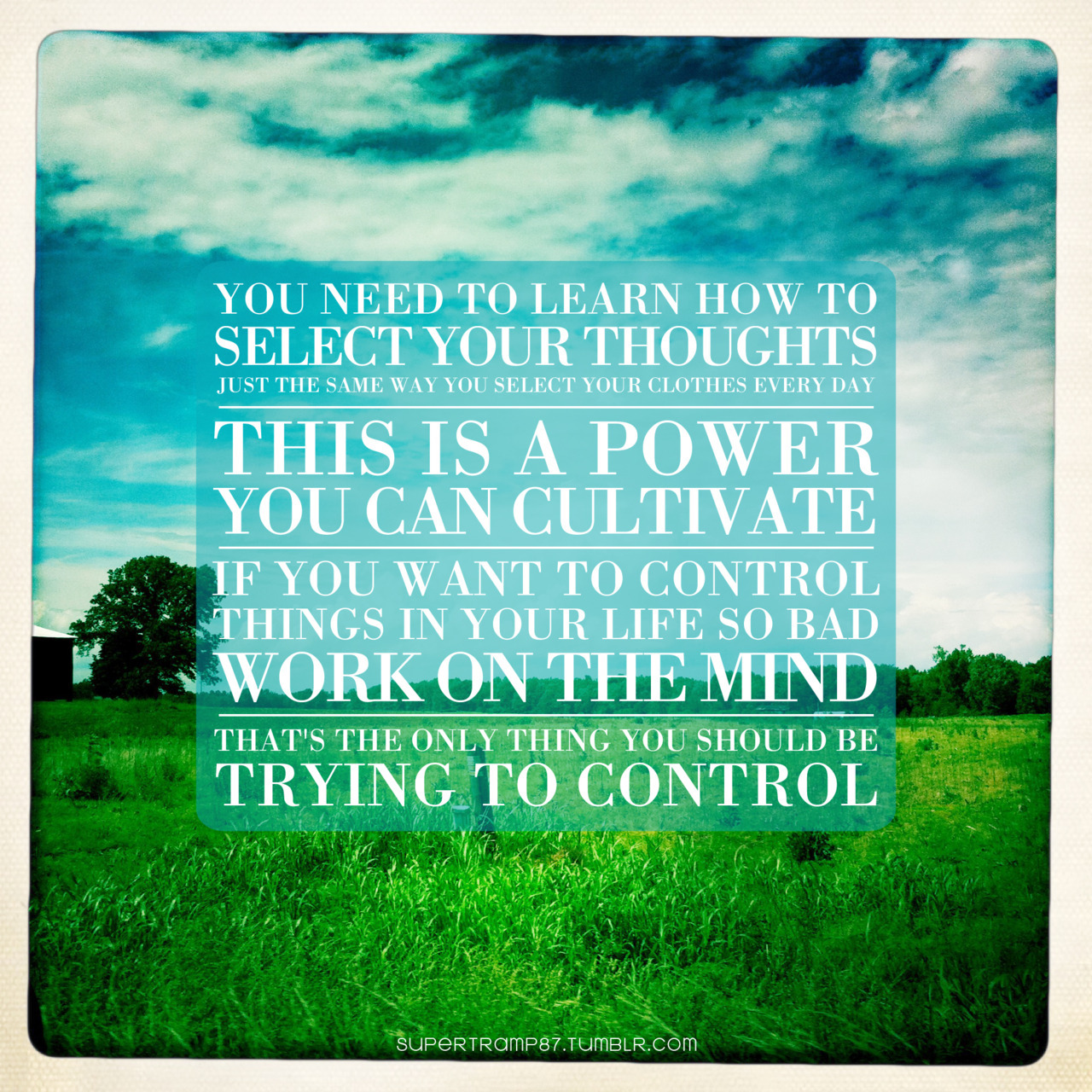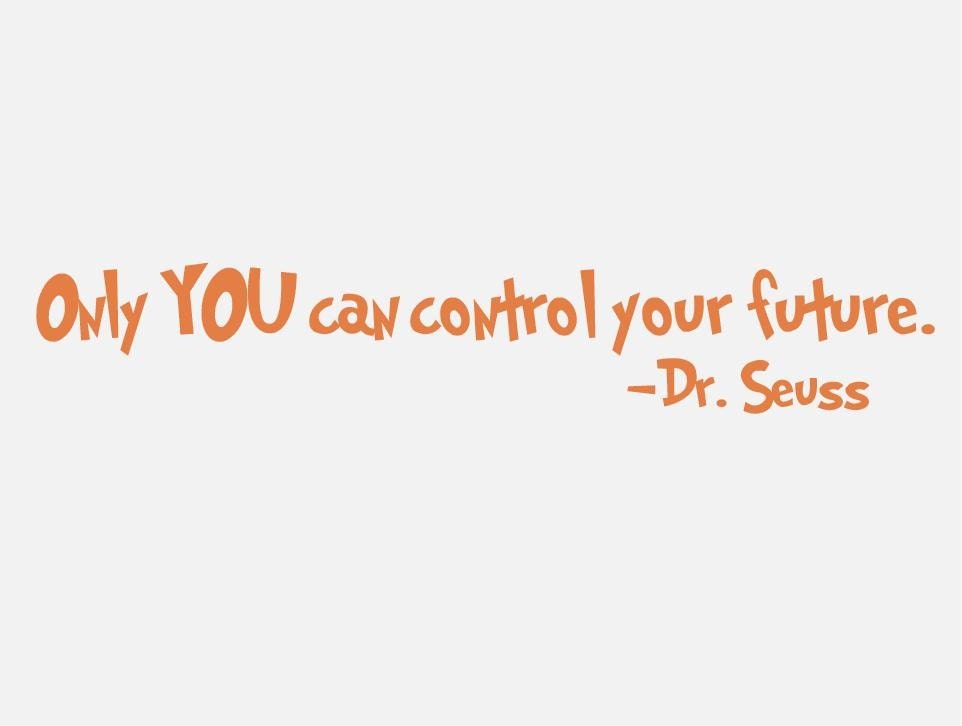How much are you in charge of your life?
Are you a yes person?
Do you make time for yourself?
Do you constantly feel unbalanced?
Are you mentally well, mentally ill or mentally fit?
What things make you happy?
What makes you tick?
What's important to you?
What's your focus in life?
What do you need to be happy?
What do you want, do you really, really want?
These are all really important questions to ask yourself, and something that I have been exploring by learning about Dr William Glasser's Choice Theory and participating in a course that was dedicated to his work called Take Charge of Your Life.
By asking myself these questions I have been able to grow from being mentally unwell to mentally fit!
I've been so excited to learn about his work, and to be running a road show sharing his information in my local community.
Soooo I thought I'd share a tiny little snapshot of what I've learnt from the course with you!
The course is run over 6 one hour sessions.
The first session is called "Shifting Your Mental Model" which is all about how, often in society, we blame the external world for any unhappiness that we might feel in our lives ie our mundane or high pressure jobs, run ins with friends, tension in families or family breakdowns, the stress of money, events that have happened throughout our life and really anything that happens outside of us.
This session teaches us that if we are constantly blaming the external world for our unhappiness then we are robbing ourselves of the chance to make change, because no matter how hard we try, we can't make anyone do or think anything that they don't want to.
Instead, we learn that we can only control our own thoughts and behavior.
E.g. I can't make my husband do the dishes all I can do is choose to explain to him why they are important to me and to control how I ask and encourage him and how I react if he says no!
One thing I've been practicing is if I'm feeling anxious or stressed, saying "I'm choosing to feel anxious or stressed" and pretty quickly I realize that I don't want to feel that way so instead I say "I'm choosing to feel calm" and low and behold it works!
The second session is all about our 5 basic needs as humans and our quality world (or the things we want!)
Glasser believes that everyone has all 5 needs but that one is usually stronger then the others.
The 5 basic needs are;
Love and belonging; relationships with people, feeling connected and apart of a group, sharing quality time with those closest to you, having a good relationship with yourself.
Survival; the need for sleep, looking after your health, preparing healthy meals, exercising regularly, routine, structure and safety.
Power; the ability to make change, challenge yourself, achieve goals, voice opinions, be respected, be heard, and to empower others.
Freedom; the need to have choices, being flexible, doing things on a whim, traveling, exploring new places, time to oneself, not bound by others, independence.
Fun; the need to learn new things, be engaged in activities, laughter, doing things you want to do.
He believes that we have pictures and images in our quality world's (minds) that meet these basic needs and are the things that we want, love, cherish, believe in etc. Ie for me it's a renovated house, to be mentally fit, to have a clean sink, ugg boots, travel, my marriage etc.
One thing that really clicked for me in this session is that when we're trying to please others hardly any of our needs are being met except perhaps love and belonging.
Ie we have less power as we feel obliged to say yes even when our inner voice is saying no (so feeling powerless) and we may not feel as respected because we're often taken for granted.
We have less fun because we're often doing what other people want us to do and not what we really want to be doing.
We have less freedom because our schedules are usually full and we feel like we have no other choice but to say yes.
Our survival goes down because we're always so busy and might be putting others needs before our own ie sleep, time to prepare healthy meals and to ourselves first.
And maybe even less love and belonging, especially for ourselves! We might be spending more time with the people we care less about to please and less with the people we care most about!
So the hot tip here....to choose to put yourself first and to find out what it is that you really want that needs your needs (is needs satisfying!)
The third session is all about relationships. My light bulb moment was that Glasser must think that relationships are really important if he dedicates one of six sessions for it!
And he does - he believes that relationships are at the heart of all mental health problems and are the number one cause for unhappiness.
It doesn't only have to be the relationship with others that is suffering in your life, it could be the relationship with yourself.
I was like OMG when I learnt this because when I was sick I kept saying "but I have a supportive workplace, great partner and friends and family" but the relationship that I lacked was with myself.
So many times I would affirm to myself that I was
"A stress head"
"Worthless"
"A failure because I'd changed my mind on my career path when everyone else seemed to know what they wanted"
"Weak for not saying no"
And much much worse I'm sure!
A retreat I did recently said we have 50000 thoughts a day so if all of these thoughts were negative then no wonder I felt so bad!
Glasser believes that to improve our relationships, particularly the one with ourselves, that we should use connecting habits ( listening, supporting, encouraging, negotiating, respecting, trusting, accepting) rather then disconnecting habits (blaming, criticizing, complaining, nagging, rewarding to control (or bribery), threatening and punishing).
The tip here is; before you say or do something ask yourself "will this bring us closer together or drive us further apart?"
The sad thing is that often we use the disconnecting habits with those closest to us, like our partners and family, but these are actually driving us apart.
Imagine if we all choose to use the connecting habits more? Wouldn't the world be a much nicer place!
I've already noticed a huge different in my marriage now that I have chosen to be more mindful of the language I use (although I'm not perfect I still snap and nag but I always feel horrible after! )
The fourth session is about perception and how we take information in from the "real world" (what we've got) and compare that with the our quality world in our minds (or what we want).
Often when what we want and what we have are two different things then we feel unbalanced or tipped.
Ie when I was sick the image in my quality world or mind was to be myself; fun, life loving and happy but in my real world I was depressed so I felt tipped and tried what I thought was best at the time, to get back in balance (which often lead to a lot of anger, frustration and disappointment!)
The tip here is to remember that everyone has different pictures in their quality world of what they want and everyone takes in information from the world differently to us. This doesn't mean that theirs is wrong or bad, it might just mean that they have different wants and needs and we can choose to use connecting or disconnecting habits to support these.
The fifth session is all about our behavior and what we try to do to get back in balance when what we've got and what we want don't match.
It's similar to CBT (Collaborative Behavior Therapy) that I learnt from my psychologist in that we can only control what we think and do and this will in effect change how we feel and our physiology (ie our heart rate and breathing).
Ie I can ask you to think about a red truck and you will.
I can ask you to wave your arm and you will.
But when I ask you to lower your cholesterol on the spot you can't change your physiology and when I ask you to get angry on the spot you probably can't without first thinking of something that makes you angry therefore you can't change how you feel without first changing your thoughts.
The thing I learnt here is that if we focus all of our attention on how we feel ie depressed, anxious, nervous or sad, then we'll be stuck because we can't change this.
Once we learn that we can only change our thoughts or what we do, only then we can change how we feel.
No wonder that I felt bogged when I was sick because I could only focus on how horrible I felt and I really didn't focus on what I could do (go for walks etc) or think (trying to distract or change my thoughts) which in effect would've helped my depression...okay so I tried but was so bogged by the illness that I needed some extra help with medication and specialists!
 |
| Via Glasser uses the car analogy to describe our "total behaviour". The driver uses the front wheels to go in the direction that they want. Two front wheels are thinking and acting. These wheels are the only things that we can control, and move us in certain directions. If we focus on our physiology and feelings, then we'll be left spinning on our back wheels! |
In the sixth session we make a plan to take charge of our lives by thinking about what we really want and how we can choose to think and do things to make this happen!
I mean, how many of us out there know what it is that we really want or what we choose to focus on?
Sometimes it's a matter of seeing whether our quality world pictures are realistic ie winning the lottery, bringing back a loved one who has passed away, etc and just simply taking the think about what it is that we do want.
As one participate said that once she'd decided to put herself and her family first everything else slotted in around that!
She came to realize that, the relationship with herself and her family were the most important pictures in her quality world so she choose to put them first!
I've done a lot of reading of Glasser's work and have been fortunate enough now to see the course 4 times as I work as an assistant to the facilitator and the more I learn the more it clicks for me.
 |
My second favourite quote! Via
|
 |
Via My all time favourite quote!
|
 |
| And my third favourite quote via |
If you're interested in learning more I recommend checking out the William Glasser Institute, reading some of his books and if you're interested, registering your interest in the free course that were offering!
Anyone and everyone can learn to take charge of their lives, not only those who identify themselves as mentally unwell, but also those who want to learn ways to keep mentally fit, those who want to work through some unhappiness in their lives and those who want to make a change!
I choose to take charge of my life everyday because we only get one shot at it and I want to be the healthiest and happiest version of myself!
Look after yourself and those around you,
Kirsty xxx


















